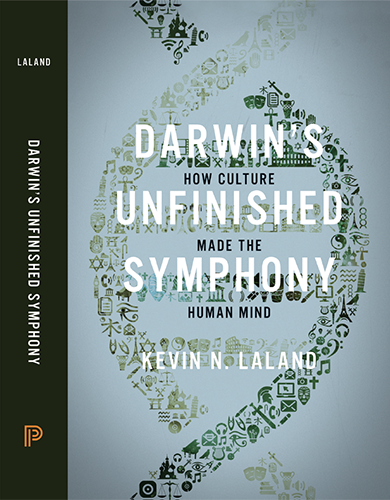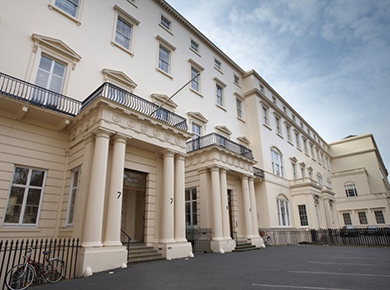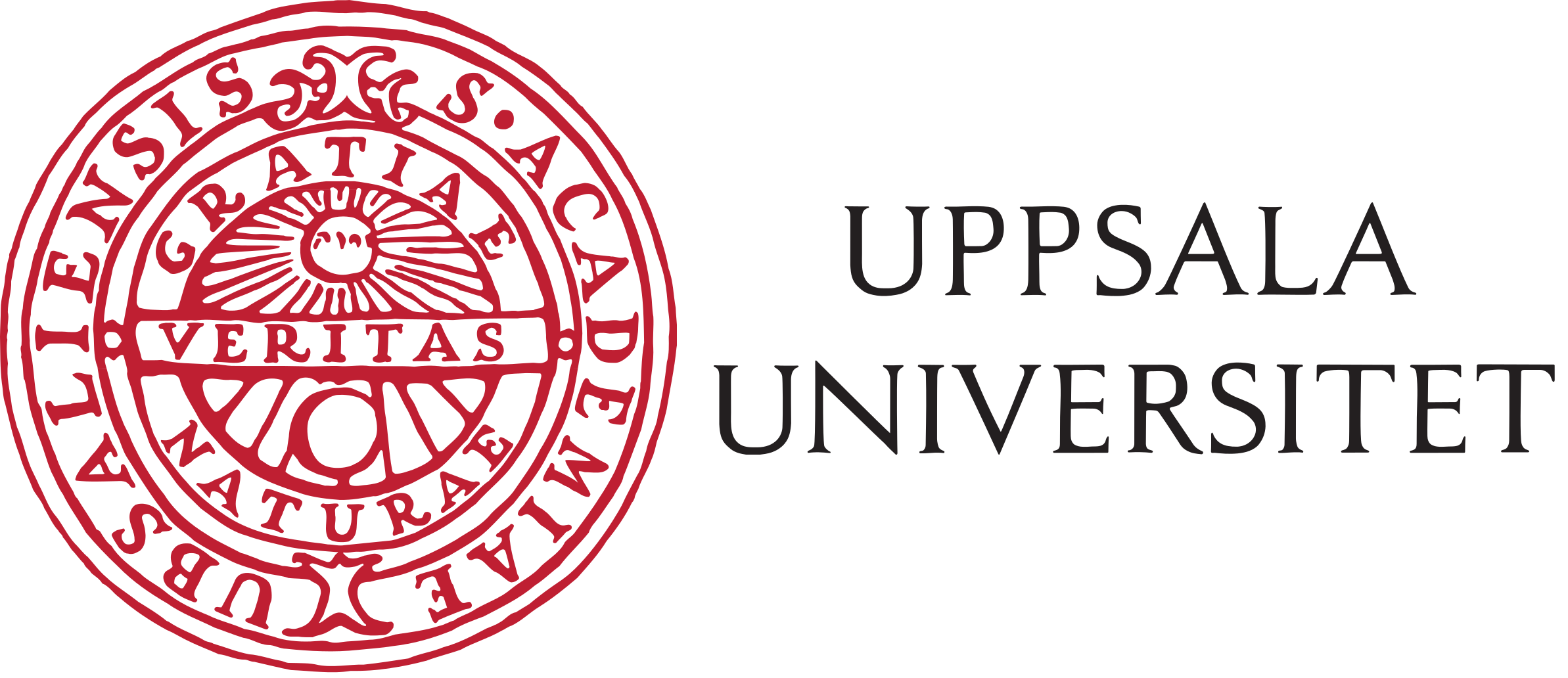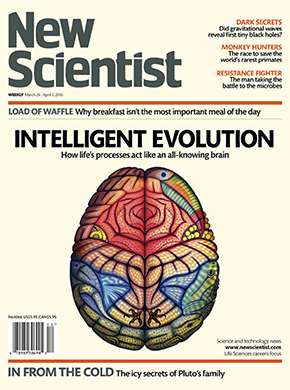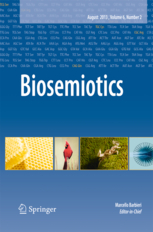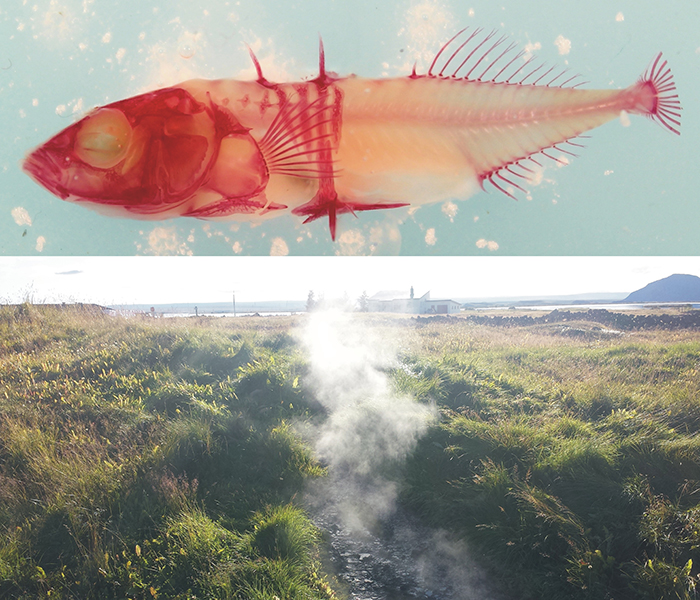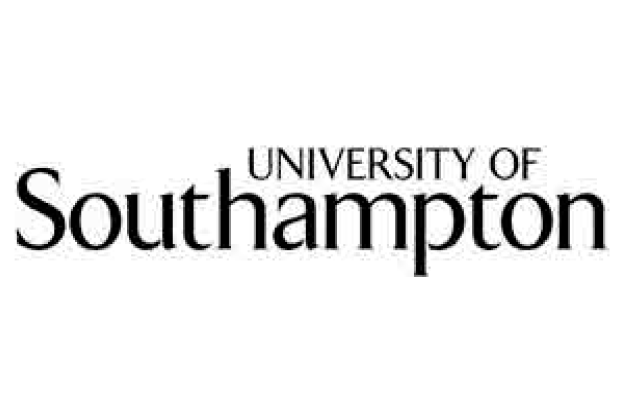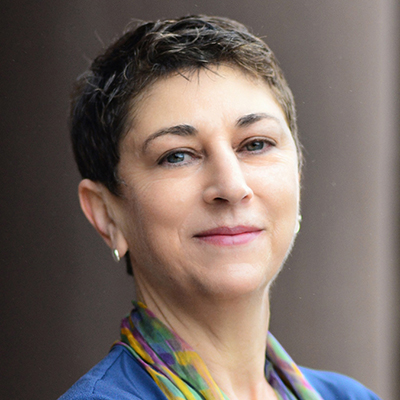Vacancy: Postdoc position in evolutionary genetic theory
26 May 2017
The Wade lab seeks a collegial, self-motivated, independent, and intellectually curious individual with a recent PhD in Evolutionary Biology or related field(s). The research emphasis is the intersection of population genetics and the evolution of development in complex systems, with an emphasis on models of dual inheritance for investigating general features of indirect genetic effects and niche construction with applications to cyto-nuclear and host-symbiont co-evolution. The candidate will have the opportunity to enrich the interactions between the laboratory groups of Professor Michael Wade and Professor Armin Moczek. The position is fully funded by a multi-year grant from the John Templeton Foundation and available for 24 months.
Applications closing soon. Anticipated start date of July 1, 2017 is desired but negotiable.
For further information and applications please contact Jeremy Bennett and refer to the University recruitment portal.

